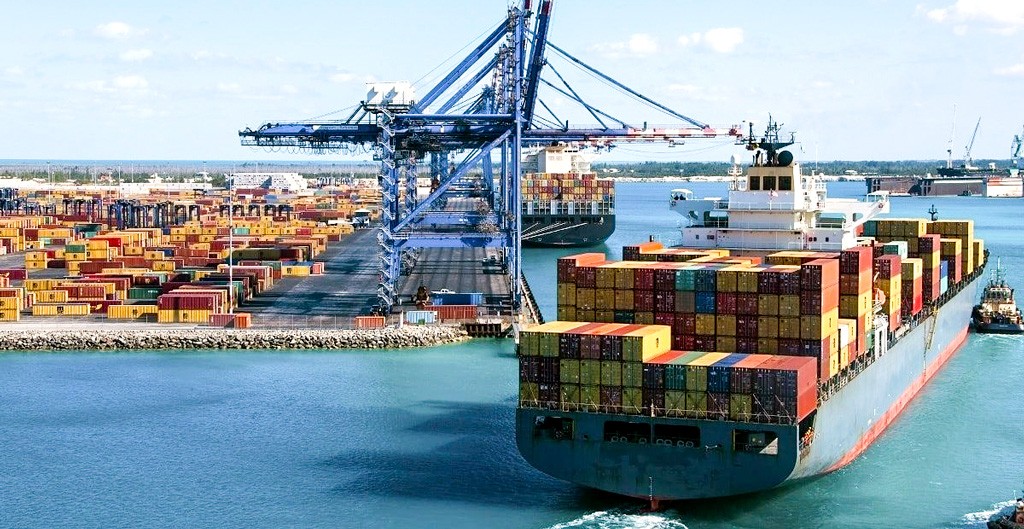


Due to the strong blow suffered by the Argentine industry in the last four years, the government resolved in the first days of January 2020, to take new measures on imports, which increase the protection of the sector and promote its recovery.
Resolution 1/2020 published in the Official Bulletin, signed by industry secretary Ariel Schale, extended to 300 tariff positions the monitoring system through non-automatic licenses. Thus, the official import control filter rises from 12 to 15%. Positions subject to non-automatic licenses increased from 1,200 to 1,500 for the industry in general. In addition, the government will apply protection criteria for national production to expedite or delay procedures. The item FOOTWEAR and MANUFACTURES is included in the same terms as the previous regime.
In practice, non-automatic licenses are tools contemplated by the WTO -World Trade Organization- that governments use to protect employment in sensitive sectors and boost the development of others.

From the Ministry of Productive Development, in charge of Matías Kulfas, they pointed out that “all importing companies must inform their projections by 2020, in order to take the corresponding forecasts. This does not mean generating isolation, or do not have enough of the necessary supply or product. It is to act in defense of industrial activity, consumers and against unfair practices”.
At the highest levels of leadership and companies of the footwear sector, the new import controls implemented by Argentina have caused concern.

The largest volume of footwear imports in Argentina is in charge of the big brands, which mostly enter products of Asian origin.
RELATED ARTICLE: